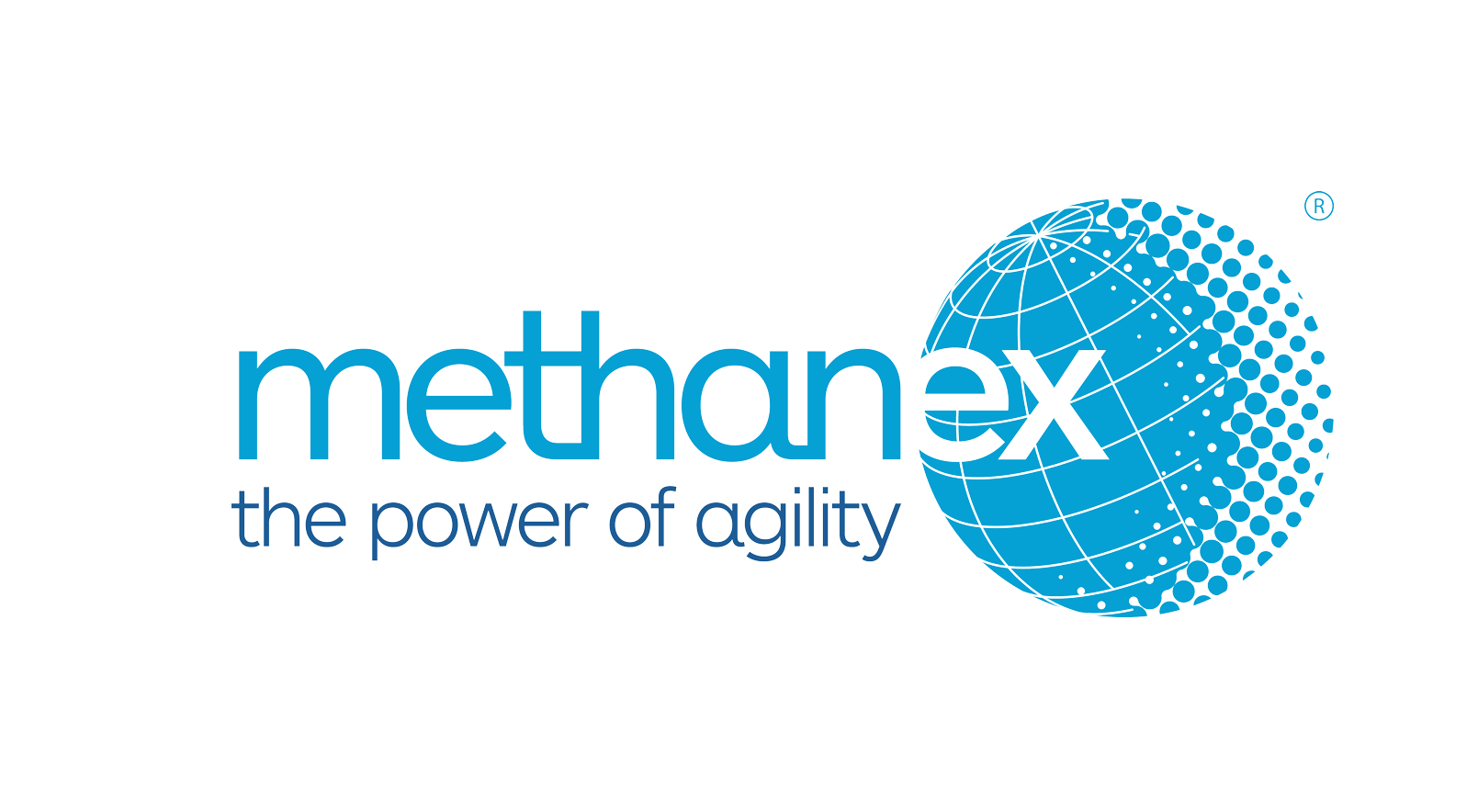by Avi Hooper, Invesco Canada
Senior Portfolio Manager Avi Hooper from the Invesco Fixed Income (IFI) team shares his thoughts on the impact of the upcoming Canadian election.
What do you believe will be the near-term reaction of the Canadian financial markets after this election is over?
I believe the outlook for growth and inflation will be the main driver for the Canadian fixed income market and the Canadian dollar, not the outcome of this election. The largest Canadian political party platforms typically sit around the middle of the political spectrum, and political risk in Canada remains among the lowest in the world.1
The Canadian economy continues an uneven recovery. Both fiscal and monetary policies have been extremely helpful in stabilizing the pandemic fallout, and continued accommodation will be required as the new economic landscape takes hold. All political parties recognize the ongoing importance of fiscal spending at a time of private sector uncertainty.
Our sovereign credit rating will likely remain among the strongest globally. The current government’s deficit spending occurred from a favourable starting point as our net debt position was relatively low.
Which sectors of the economy do you believe will be most impacted by the election results?
Current polling shows it’s a tight race between the Liberals and the Conservatives. Conservative party policies have evolved over the years but are still viewed as pro-business. If the Conservatives win with a minority government, I believe it would be most beneficial for the Canadian energy sector.
There is currently insufficient investment in future oil production due to commodity price volatility and a lack of support from the current federal government. To ensure Canada can lead the world in renewable sources of energy, we will need to continue to invest across all energy sectors. To transition towards renewable energy production in the future, we must realize we will remain dependent on oil and gas as key energy inputs today.
If a Conservative government is elected, I believe the bonds from energy companies and Prairie provinces could outperform.
One of the most pressing issues in the business community is the need for a long-term economic growth plan. What do you believe is required from the next federal government to address this issue?
The COVID-19 pandemic highlighted the importance of government support during extraordinary times. We continue to manage through the health, social and economic impacts left over from the lockdowns of the last 18 months. The widespread adoption of vaccinations and continued social distancing are allowing the Canadian economy to quickly recover. Many of the jobs lost during the pandemic have been recovered.2
Going forward, a continued commitment to direct public sector investment and co-operation with the private sector is required for Canada to achieve higher rates of growth.
Regardless of which party leads Canada after the election, the country will remain attractive for foreign direct investment. A growing pool of skilled workers, high rankings for livability and a stable political environment are among the many factors supporting the economy.
The residential housing market has grown too large to be a sustainable contributor to economic growth, and household balance sheets became even more stretched during the pandemic. It would be great to see exports, led by rising commodity prices, and investment in energy and infrastructure driving Canada’s economy going forward.
1 Source: https://www.transparency.org/en/cpi/2020/index/can
This post was first published at the official blog of Invesco Canada.














